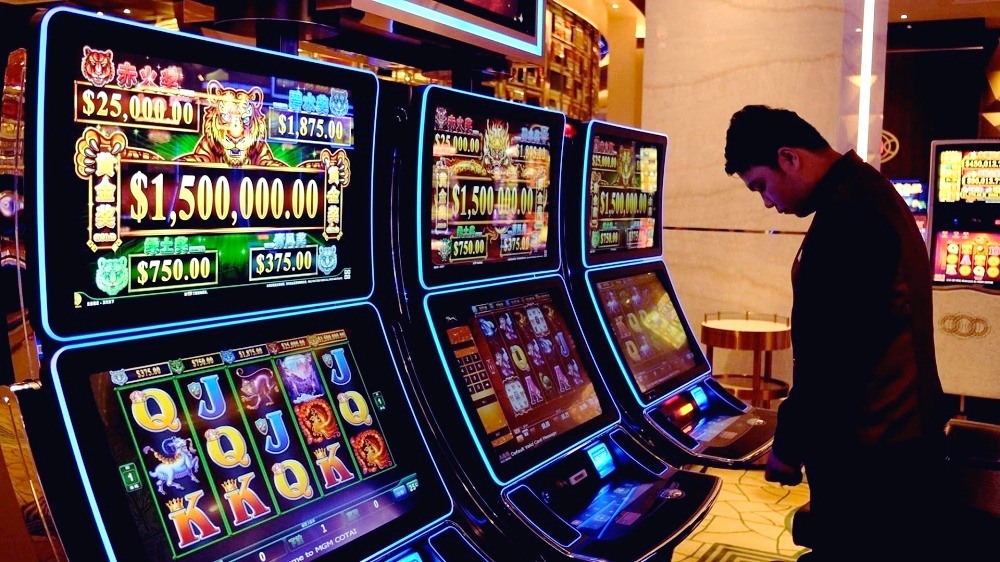It must be very peculiar why someone would become addicted to gambling. After all the activity is a rather certain way to burn through a pile of money without any substantial return and consequences that can quickly go from upsetting to dire.
Thankfully, science has rolled up its sleeves to explain how gambling addiction affects our brains and what the internal processes are that make the cogwheels of this destructive habit turn.
Uncertainty, you are a sweet reward
At first, it was only a theory, but then scientists started looking closer. Why would something so illogical as gambling keep people entertained? After all, even the casinos openly say that they can only guarantee up to 97% of funds returned to the player over time. So statistically speaking, the odds are stacked against the player.
However, there is always a small chance to hit the jackpot. So, uncertainty turned out to be its own reward. By not knowing the outcome of all possible situations, the brain begins pumping out more dopamine. It creates a feeling of content, happiness, and short-lived joy.
There have been studies that theorize that prolonged exposure to gambling products leads to long-term and lasting changes in the human brain. It’s at this point that the dopamine levels would make the gambler oblivious of the threat of suffering financial ruin.
Losing is as much fun as winning
The near misses and losing money are also addictive to players. Studies show that failing to score a profit leads to as much dopamine being released by the brain as a win would have. Near wins is another treacherous feature that fools the brain into “feeling” that it has won when it has come only a sliver within the coveted price.
This way the player thinks they are onto a good thing, but the bottom line is a financial loss. A good example of this is the volatility of electronic machines which provide you with wins that do not cover your initial stake. Thanks to a study by industry experts at CasinoValley we know now that it’s a faulty win condition that misleads the person into thinking they are winning and de facto introducing structural, albeit subtle, changes to their way of perceiving the activity.
Not with a whimper, but with a bang
Have you ever wondered why so many casinos are brightly lit, colorful, and often introduce a rich portfolio of sounds and little tunes? It’s all very simple – they want you to keep playing and as it turns out, all these little visual prompts do the trick.

This paired with the other clever mechanisms of egging players on leads to completely different behavioral patterns that seldom end up well for the customer.
For many people, the industry has already cost a lot, but the real changes that occur to a gambling brain lie well beneath what we call consciousness. Getting these little injections of dopamine leading to temporarily elevated moods can be something we pursue for the rest of our lives.
Thankfully, some people can become inured to the stimuli, cutting out the rather destructive hobby out of their lives. However, those that struggle should be helped. Gambling addiction, it turns out, is simple chemistry that can permanently alter our brains.

